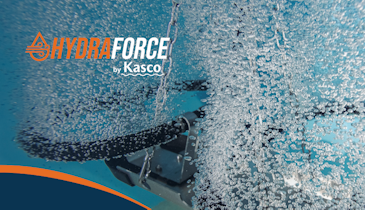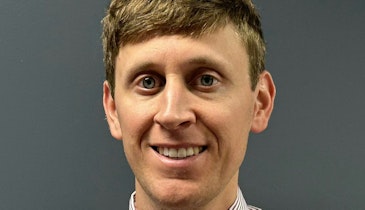Interested in Instrumentation?
Get Instrumentation articles, news and videos right in your inbox! Sign up now.
Instrumentation + Get Alerts
Q: What are the limitations of current odor control dosing methodologies?
A: Most current dosing technologies base treatment on conditions at a fixed point in time and do not provide real-time monitoring of changes in the collection system. This lack of visibility limits the operator’s ability to effectively mitigate odor and often results in higher operating and treatment costs.
Q: What are the key features of next-generation technologies?
A: Next-generation technologies are fully transparent and provide real-time monitoring of hydrogen sulfide levels, dosing rates, chemical tank levels and performance. Operators can set alarms, receive alerts by email or text and quickly address any issues. Remote visibility also provides for more efficient use of chemicals, manpower and better odor and corrosion control.
Q: What technologies does Evoqua offer?
A: Evoqua offers a comprehensive range of dosing and monitoring technologies. The VaporLink hydrogen sulfide monitor continuously logs hydrogen sulfide data and provides alarm notifications based on customer preferences. The innovative VersaDose automated dosing controller delivers chemicals on a dose-to-demand curve, programmed to match changing H2S conditions.
Both of these technologies interface with Evoqua’s Link2Site web platform for remote, real-time monitoring and control. Operators can connect to the system from any location to program dosing rates, manage inventory, set system alarms, and view and download system performance.
Q: What applications would benefit the most?
A: Advanced dosing and monitoring technologies are best applied in collection systems, particularly in critical or sensitive areas close to a neighborhood or business community. Applications with inconsistent flow patterns, large variations in flow or other changing environmental conditions could also benefit from remote monitoring and control technologies.
Q: What are the next steps?
A: Contact Evoqua to schedule a system evaluation. The company’s technical experts will measure current H2S levels, flows and system dynamics to determine the optimal solution for your application. Evoqua also provides customer training and full-service programs for worry-free odor control.
For more information, visit www.evoqua.com or call 844/571-5234.






